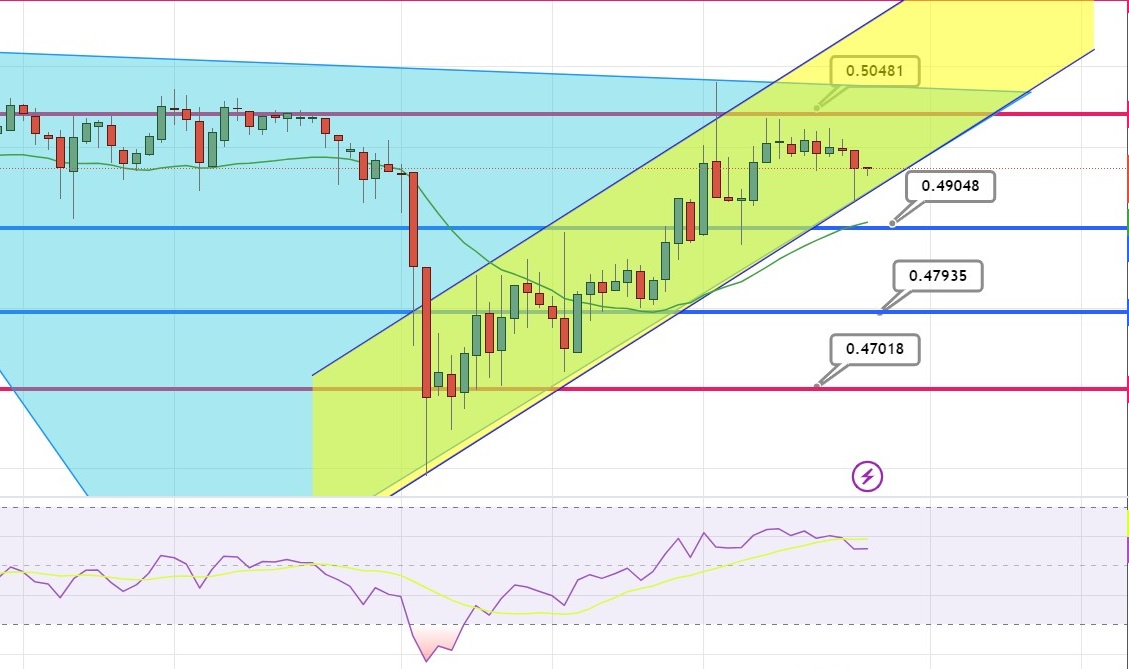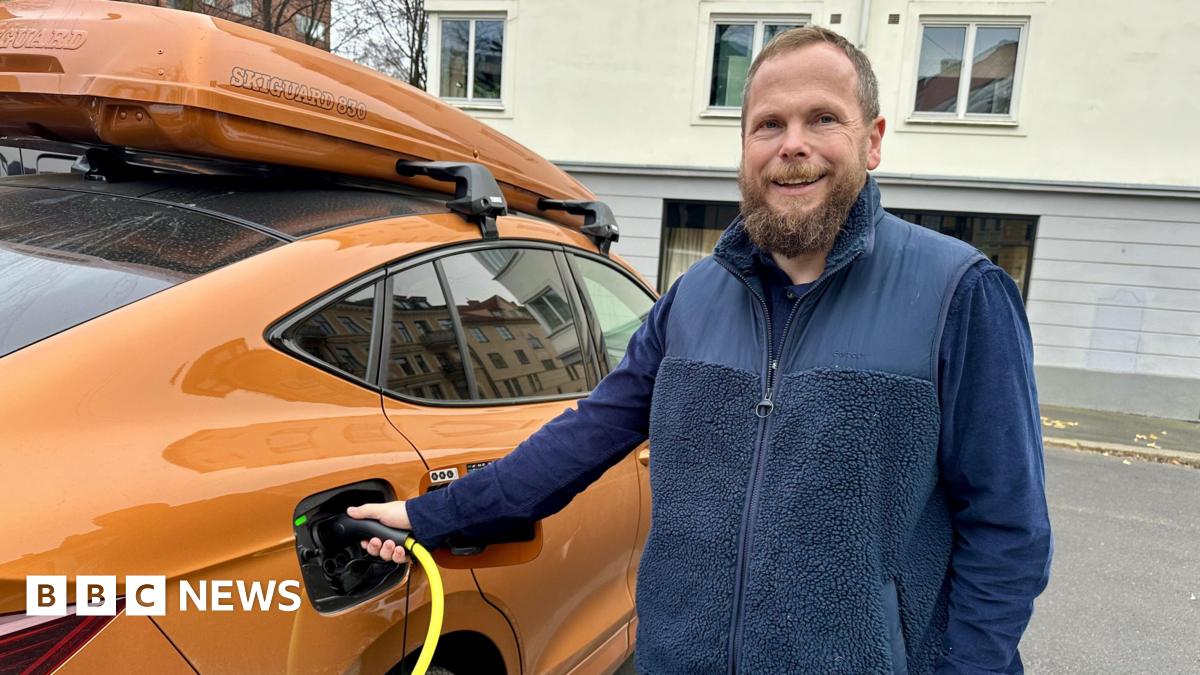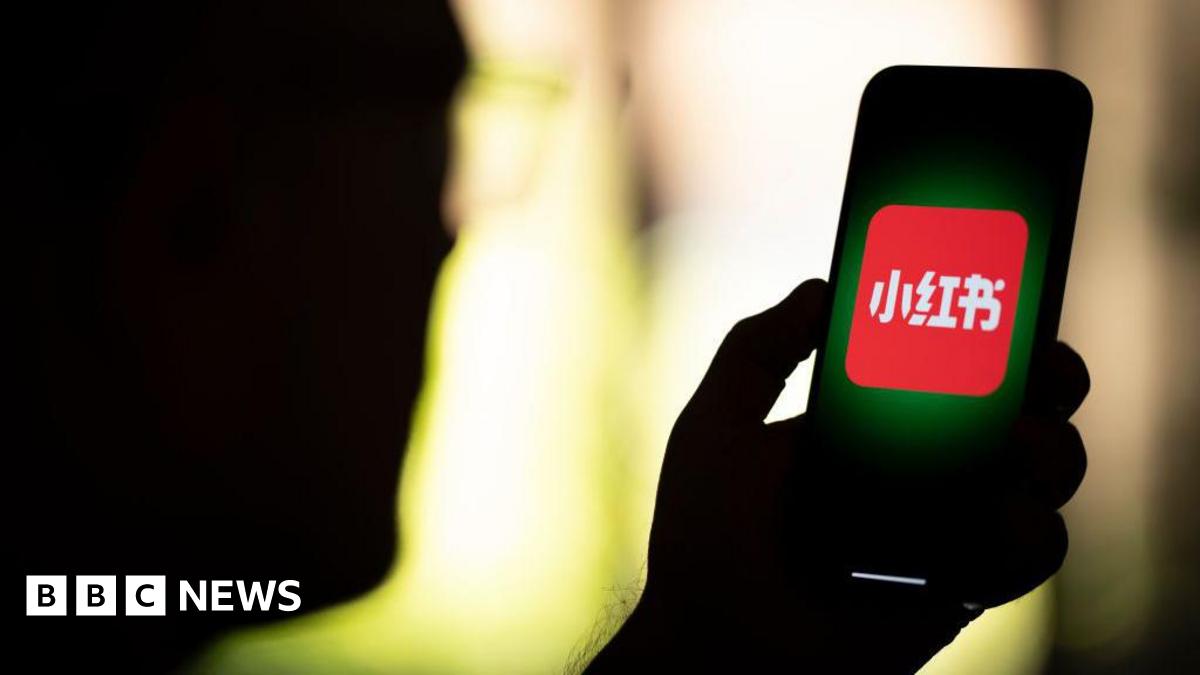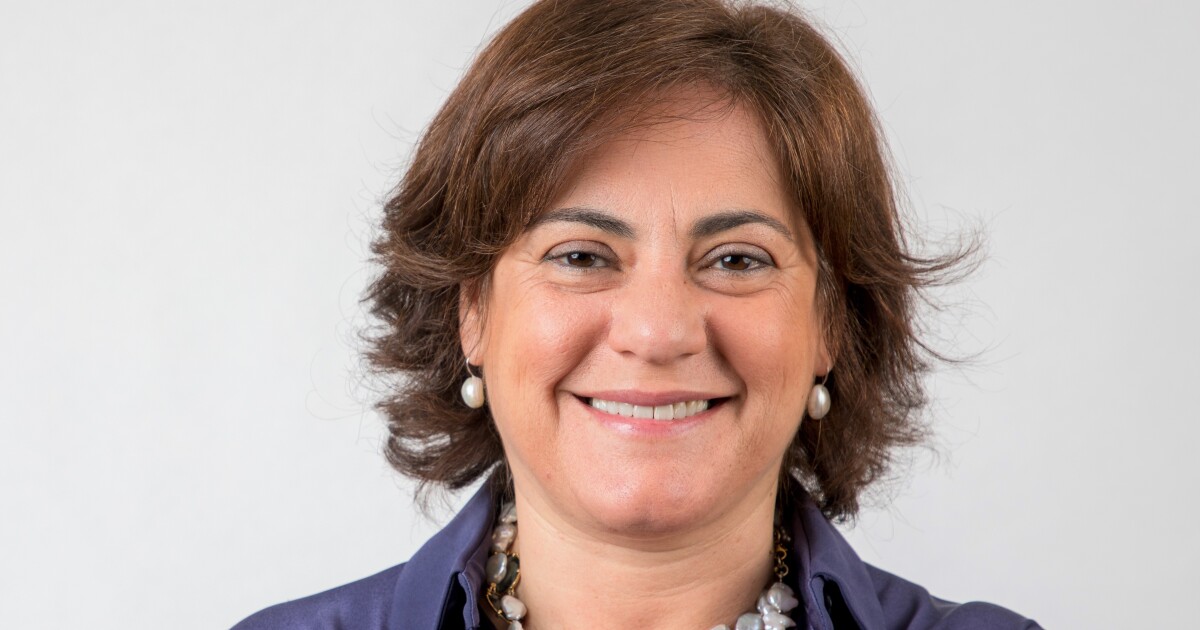Receive free Coronavirus updates
We’ll send you a myFT Daily Digest email rounding up the latest Coronavirus news every morning.
The chief of the World Health Organization has urged Beijing to offer more information on the origins of Covid-19 and is ready to send a second team to probe the matter, as the genesis of the pandemic remains unclear nearly four years after the first cases emerged in the Chinese city of Wuhan.
“We’re pressing China to give full access, and we are asking countries to raise it during their bilateral meetings — [to urge Beijing] to co-operate,” said Tedros Adhanom Ghebreyesus. “We have already asked in writing to give us information . . . and also [are] willing to send a team if they allow us to do so.”
The WHO chief’s comments come as health authorities update vaccines after a rise in coronavirus cases. Though scientists are in agreement that the world is no longer in the acute phase of the pandemic, the global health body said nations should increase surveillance of the highly mutated BA.2.86 and other Omicron subvariants.
World leaders will for the first time discuss pandemic preparedness at high-level meetings during the UN’s General Assembly in New York next week.
Tedros told the Financial Times that he travelled to Beijing in order to convince Chinese president Xi Jinping in January 2020 to allow the first Covid-19 mission of WHO experts, led by the health body’s Bruce Aylward, into the country.
The two most prominent theories envisage either a zoonotic jump from animals to humans via Wuhan’s wet food markets or contagion stemming from an accidental leak from the city’s virology laboratory. But no scientific consensus has emerged from the debate, and Tedros reiterated that all options remained “on the table”.
“Unless we get evidence beyond reasonable doubt, we cannot just say this or that,” he said. But he believes “we will get the answer. It’s a matter of time.”
On his meeting with Xi, Tedros said: “I went and met the president. The officials below him were not willing to allow us to send a team. So I had to travel to convince him why it’s so important.”
A day after Tedros returned to Geneva, he said, the WHO declared Covid-19 a public health emergency of international concern, the highest possible designation. It only rescinded that designation in May this year.
The WHO was accused of being too lenient on China’s slow initial response, which critics say enabled global transmission rates to soar beyond its borders. But Tedros rejected this, saying the organisation collaborated with China as it took steps to limit the virus, then openly criticised Beijing when it did not allow the health body to effectively probe the origins of Covid-19, he said.
The WHO went back to China to undertake its first origins mission in early 2021, but returned an inconclusive and highly criticised report, citing Beijing’s lack of co-operation as a factor. “On the origin study, since they are not giving us full access, we started discussions in private and then when they refused to co-operate, we made it public,” Tedros said.
“If we know [the origin], then we can prevent the next one. So it’s science,” he said. “It will not be morally correct if we don’t know what happened.”
He said “the pandemic was politicised from the start”. In mid-2020, former US president Donald Trump temporarily withdrew funding and threatened to pull Washington out of the WHO as scrutiny grew over the pathogen’s outbreak. Such moves complicated the need to build “global solidarity” around management of the public health crisis, Tedros said.
While there were still no answers for “all those who have paid for this pandemic”, Tedros said the coronavirus crisis had made many governments realise the value of boosting their health systems’ resilience.
“In many countries, health is not taken as central to development. And health is actually considered as a cost,” he said. “And now [after the pandemic] I think people are starting to realise that it’s actually an investment that can prevent pandemics from happening.”
Credit: Source link











